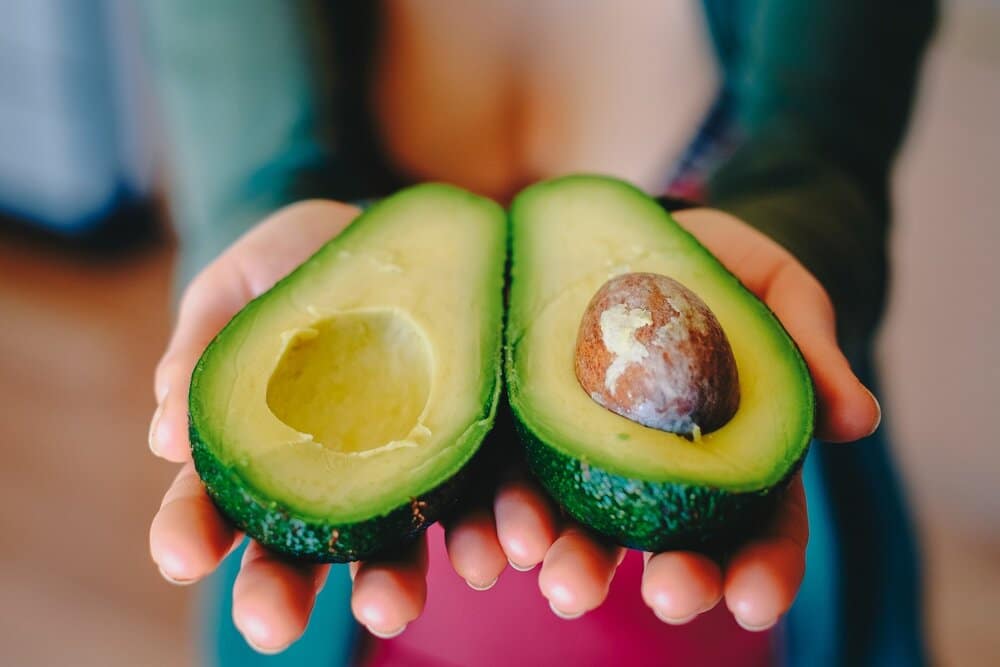Dieting
We actually hate the word dieting, the trouble with dieting is that you always stop a diet and end up putting the weight straight back on and sometimes at double the weight you were before. We prefer to advise a lifestyle change rather than dieting.
People tend to look at lifestyle changes when they’re looking to decrease, maintain, or increase body weight, or to prevent and treat diseases, such as diabetes and obesity.
Fad Diets
Cabbage, Juice, Fruitarianism are some of those novelty diets promising to help you lose weight fast and yes they do lead to fast – sometimes dramatic – weight loss, but only as we stated previously for the pounds to creep back on again at the end of the diet once you get fed up and return to old eating habits.
The British Dietetic Association says there’s no “wonder-diet you can follow without some associated nutritional or health risk”.
Lifestyle changes will help you maintain a happy and well balanced love of food again.
Lifestyle Changes you can make

The only way to lose weight healthily and keep it off is to make permanent changes to the way you eat and exercise.
If you’re overweight, you should aim to lose about 5 to 10% of your starting weight by losing 0.5 to 1kg (1 to 2lb) a week.
I tend to go for a calorie deficit plan which tends to work out around eating 500 to 600 fewer calories than you normally consume each day.
On average a man needs about 2,500 calories a day and an average woman about 2,000 calories to stay the same weight.
WARNING: Always consult with your doctor first before starting any changes to your dietary lifestyle.
Steps you can do to eat healthily and help you lose weight
Eat wholegrain foods, such as wholemeal bread, brown rice and pasta. They’re digested more slowly than the white varieties, so will help you feel full for longer..
Aim to eat at least 5 portions of a variety of fruit and vegetables a day. Learn more in Why 5 A Day?

If you feel like a snack, try having a drink first, such as a glass of water or cup of tea. Often we think we’re hungry when really we’re thirsty.
Swap drinks high in calories for lower calorie alternatives – that means drinks that are lower in fat, sugars and alcohol. Swap a sugary fizzy drink for sparkling water with a slice of lemon. Don’t forget that alcohol is high in calories, so cutting down on alcohol can help you control your weight.
To keep tabs on my calorie intake and monitor what sugars, fats etc. I use a fitness tracker, and so far my favourite that works for me is MyFitnessPal,
MyFitnessPal is a smartphone app and website that tracks diet and exercise. The app uses gamification elements to motivate users. It keeps track of my nutrients and exercise goals, you can either scan the barcodes of various food items or manually which is very speed efficient or you can find them in the app’s large pre-existing database.
